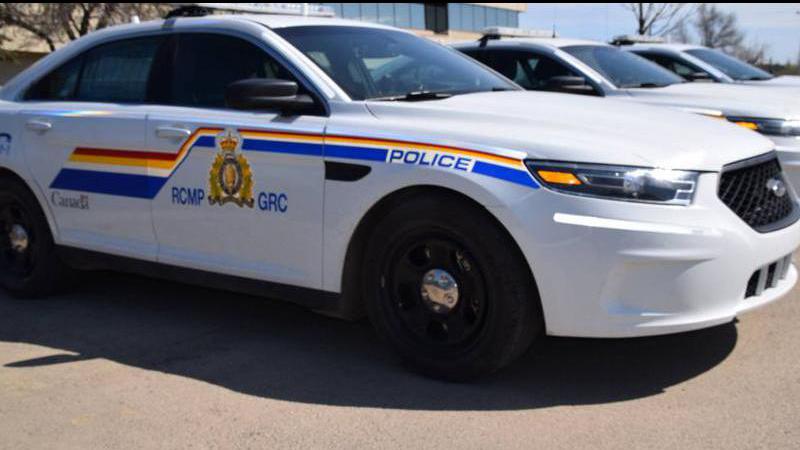
Alberta RCMP #OCCtober campaign highlights work of emergency dispatchers
An RCMP campaign this month aims to highlight the work of staff at the province’s two primary Operational Communications Centres (OCC).
Those are located in Red Deer and Edmonton.
The #OCCtober social media campaign, according to RCMP, will give Albertans a look behind the curtain at what emergency telecommunications operators do. That includes answering questions about priority level of incoming calls, questions the OCC may ask a caller, response times, and how individuals can become part of the team.
“When a phone call for service comes into the OCC it is assigned a priority level for the dispatcher,” Alberta RCMP share. “These priority levels are based on the information gleaned through the initial conversation and questions our telecommunications operators ask the caller.”